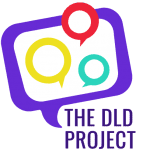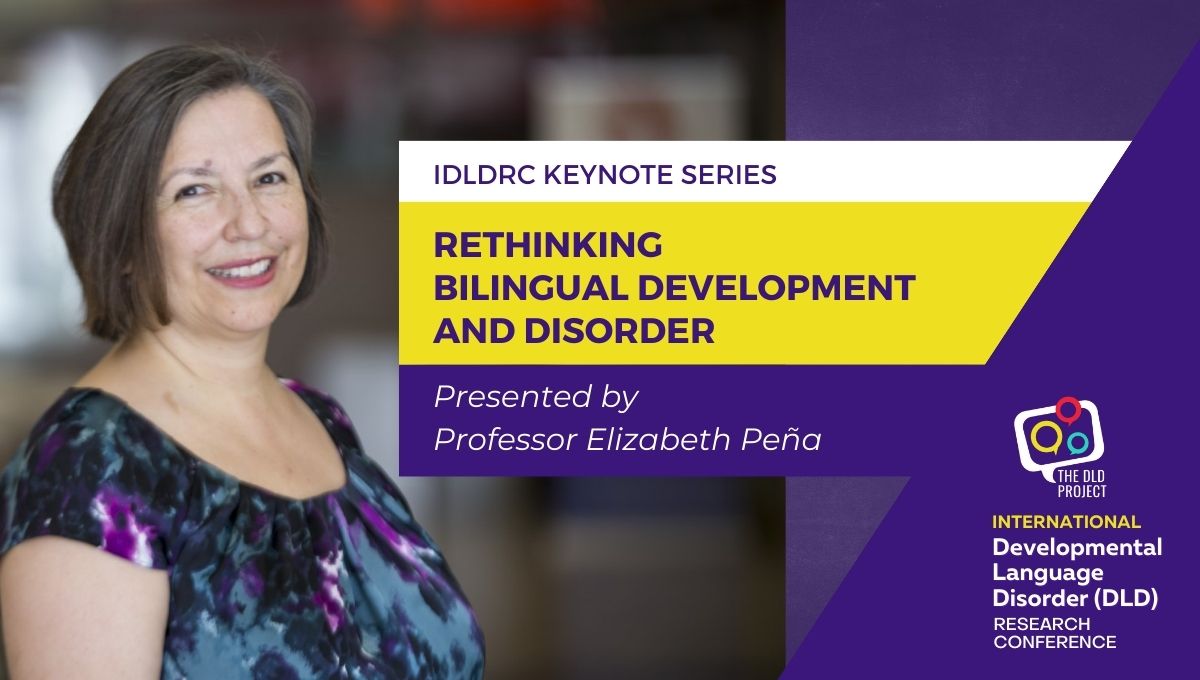We know it’s not always possible to attend a full conference. This is why we’re sharing keynote presentations from the International DLD Research Conference as mini bites to make these amazing presentations more accessible. We hope you enjoy our IDLDRC Keynote Series including this incredible presentation by Professor Elizabeth Peña.
Keynote Abstract
Worldwide, a large number of children are bilingual or in the process of being bilingual. As such, patterns of language acquisition can be highly variable. An educational challenge in this population how to distinguish between typical and atypical performance in L1 and L2 use. Comparison to of bilingual children’s language to monolinguals may contribute to high rates of misidentification of DLD. On the other hand, assumptions of a “normal” bilingual delay may contribute to documented delays in identification and intervention.
In this talk Professor Elizabeth Peña presents data examining: 1) whether bilingual children are at elevated risk for developmental language disorder (DLD); 2) how we can combine L1 and L2 performance to increase diagnostic accuracy for determining DLD in bilinguals; and 3) the nature of the “bilingual delay” using a person-based vs. a variable-based approach.
About Professor Elizabeth Peña
Elizabeth Peña is Associate Dean of Faculty Development & Diversity and Professor at the University of California, Irvine School of Education. She is a certified Speech-Language Pathologist and is a Fellow of the American Speech Language Hearing Association. Her research focuses differentiating language impairment from language difference in bilingual children. This work examines children’s lexical-semantic, morphosyntactic, and narrative performance across both their language. She is a co-author on the Bilingual English Spanish Assessment (BESA) designed to identify speech and language impairments in children who have exposure to Spanish and English.
Learning Objectives
1. Participants will be able to identify key markers of DLD in bilingual children.
2. Participants will be able to describe relationship between language exposure and risk for DLD.
3. Participants will define the nature of the bilingual delay.

